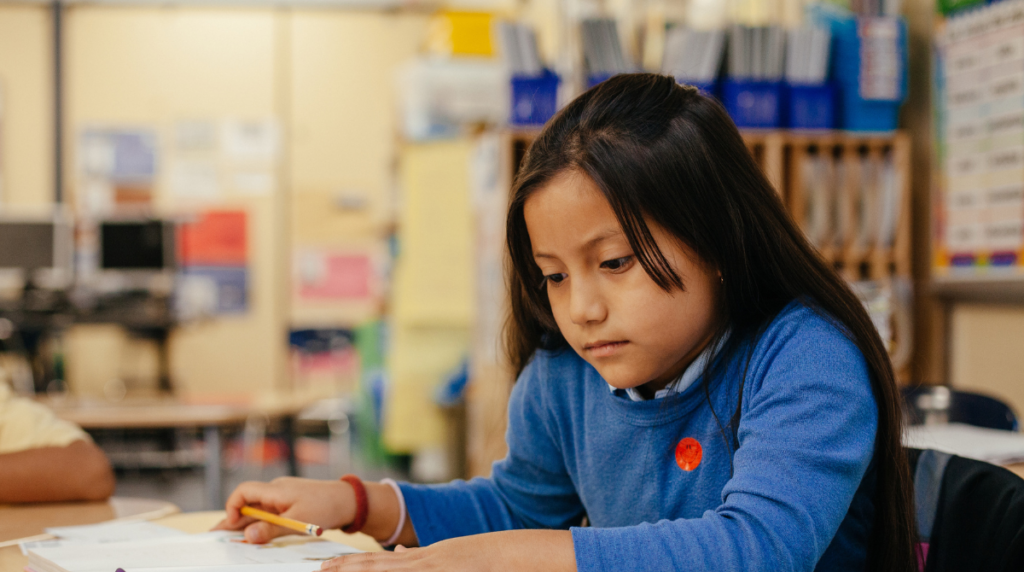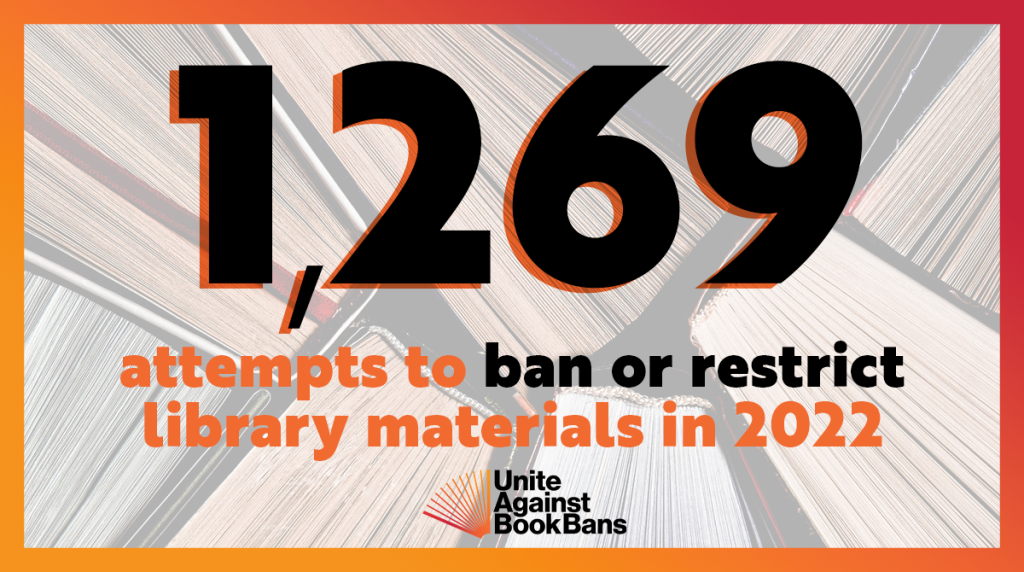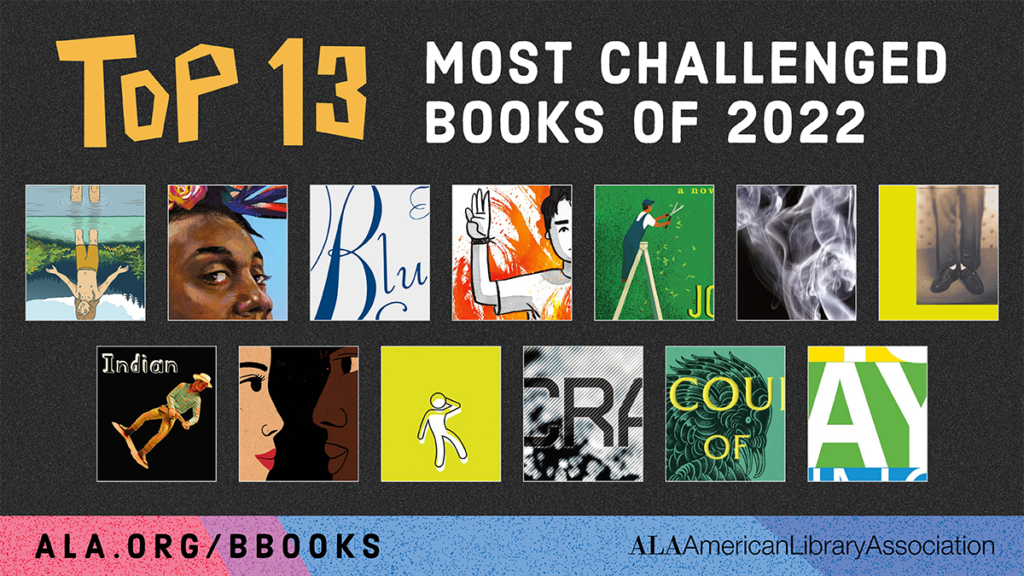This blog post is by Kyle Zimmer, President and CEO of First Book, a Unite Against Book Bans partner.
Over the last several years, the American Library Association, PEN America, and other organizations have been tracking the dramatic increase in efforts to censor children’s access to books. While the policy and legal debates ensue, those of us at First Book realized that there was little data to understand how these efforts to restrict book access are impacting teachers and students.
In 2023, our research arm, First Book Research & Insights, conducted a survey of First Book members, all of whom work in classrooms or programs in which at least 70 percent of the children are from low-income families. More than 1,500 school-based educators responded from almost every state in the nation; 71 percent were classroom teachers; 15 percent were librarians; 58 percent served elementary school children; 23 percent served middle school; and 17 percent served high school. Here’s what we found.
The Impact on Educators
As it relates to educators, the results were eye-opening, revealing that the conversation about book bans and book challenges has had a chilling effect on educators, far beyond the school districts facing book bans directly. Overall:
- 65 percent said that the conversations related to book bans are negatively impacting their ability to teach; of those:
- 71 percent indicated that book banning undermines their expertise as educators;
- 40 percent feel that book bans contribute to a sense of erasing people and history; and
- 36 percent feel that book bans discourage critical thinking.
- In communities directly experiencing book bans, the percentage of educators citing negative impacts were even greater (+ 10 percent).
The Impact on Students
As part of the survey, First Book also asked educators if they had noticed any noteworthy changes in student engagement/learning (positive or negative). Among the findings:
- 81 percent of educators feel that conversations around banned books and restrictions to book access harm students;
- 78 percent said that their students read more when they have free choice in what to read, including access to banned books.
- 72 percent said that when their students’ access to books is restricted, student reading engagement declines.
This data gives us a window into how mandated book bans are negatively impacting our teachers and our students. At the heart of this debate is whether a small group of individuals has the right to dictate what other people’s children are allowed to read – and to impose their restrictions on the rest of the nation.
Here’s what’s not under debate: we need ALL of our children to be a nation of readers, who are equipped with the human fluency, self-esteem, knowledge, and 21st century skills required to compete effectively in this global world. To do that, we need to do everything we can to INCREASE access to high-quality books where every child can see themselves and learn about others. Our economy and our future as a nation depend on this.



